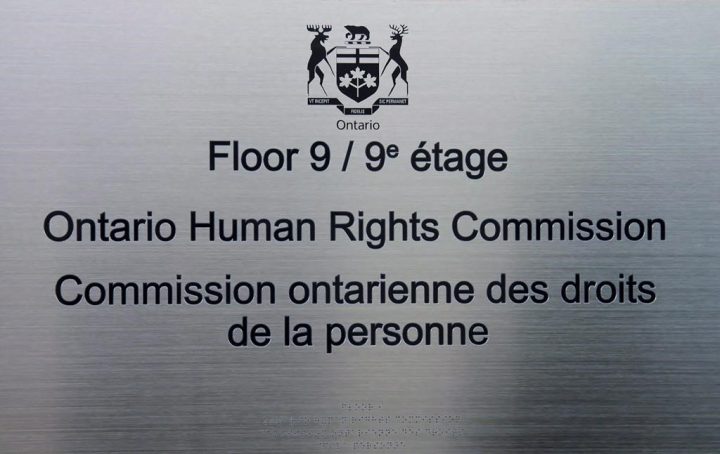Canada’s largest school board has voted to ask the Ontario Human Rights Commission to create a plan to address caste oppression in the public education system.

The Toronto District School Board approved a motion related to the caste system — a largely South Asian practice of assigning people their social status at birth — on Wednesday night, after the matter was first raised by trustee Yalini Rajakulasingam.
Rajakulasingam said Thursday that the motion’s “historic” passing means the board is believed to be the first in Canada to recognize the divisive practice exists in its schools.
“The caste equity movement has been taking Toronto by storm these past few weeks,” the trustee for Scarborough North said in a phone interview.
“We’ve heard from an outpour of caste-oppressed voices, from academics, about 100 labor unions and social justice advocacy groups, and over 200 faculty members (who) shared their experiences with this.
“It’s a much larger issue than just education at the TDSB,” she added.
Since advancing the motion several weeks ago, Rajakulasingam said her inbox has been flooded with emails, many from students recounting discrimination suffered because of the caste they identify with.
“Kids were saying caste slurs to one another,” she said.
“A high school student that came forward shared that her family is Dalit (a South Asian caste also known as ‘untouchables’ at the bottom of the pyramid) so another student found out, and he said to her, ‘If you were a sex worker, no one would pay even a penny for you because you’re a Dalit.”’
Rajakulasingam said she had received reports of similar mistreatment and bullying from dozens of faculty and staff.

Ritu Birla, a history professor at the University of Toronto, described the caste system as a complicated form of hierarchal social order, with a person’s caste identified through things including their last name, family occupation, diet, or area of origin.
India banned caste discrimination in 1948 but injustices against Dalits, for example, remain an issue.
TDSB Trustee Alexis Dawson said during Wednesday’s meeting that caste discrimination has “become a global menace” as South Asians and other ethnicities with caste systems migrate around the world.
Rajakulasingam said that 22 per cent of the Toronto board’s approximately 235,000 students are South Asian.
She added that while many trustees conceded a lack of familiarity with the caste system, constituents of varying backgrounds, including Africa, East Asia and the Caribbean, have also shared details of caste oppression in their communities.
- TSX flat as oil falls, U.S. stock markets mixed after Fed holds interest rates steady
- Panthers head back to work, resting and waiting for Bruins-Leafs winner
- Proline bettors still solidly behind Toronto Maple Leafs in NHL playoffs
- Ontario introduces sped-up apprenticeship path for high school students
Rajakulasingam, who says she is from a caste-oppressed group in Sri Lanka, said the nature of Canada’s Human Rights Code has made it difficult to track the issue.
The commission’s website identified 17 different “grounds” of discrimination, including “citizenship, race, place of origin, ethnic origin, colour and ancestry,” among others.
Since caste oppression overlaps multiple categories, it has been hard to quantify as a distinct issue, even if “we know it’s happening,” Rajakulasingam said.
She predicted “there will be some discomfort,” as discussion of the issue plays out.
“We all have privileges, and it’s about how you spend your privilege to support those that don’t have it,” she said.
Rajakulasingam said the board’s director is to immediately ask the Ontario Human Rights Commission to green-light the assessment.
A spokesperson for the human rights commission said Thursday it was aware of the TDSB’s motion but “it does not have enough information to make any meaningful comment.”
Outside Canada, the Seattle City Council last month added caste to the city’s anti-discrimination laws and became the first in the world to pass such a law outside South Asia.
The University of California, Davis, also recently added caste to its anti-discrimination policy after students said they have seen discrimination take place on campus.



Comments